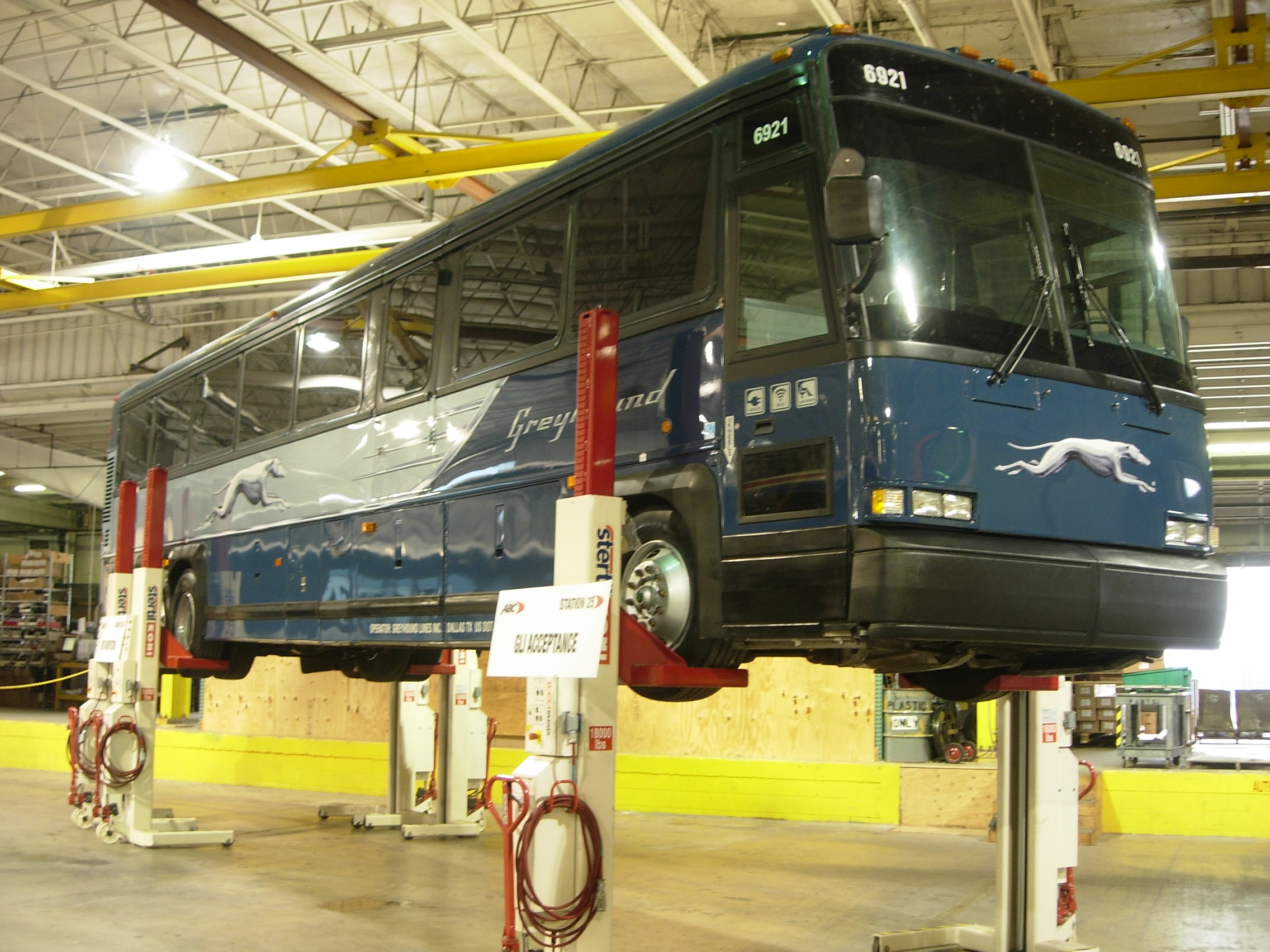
Manufacturers association promotes safe use of automotive lifts
The Automotive Lift Institute (ALI), a nationally accredited standards development organization, is an association comprised of responsible automotive lifts manufacturers advances the cause of automotive lift safety in the service and repair industry. ALI develops requirements for consideration as national standards by the American National Standards Institute (ANSI). Its efforts includes offering an internationally accredited product certification program to promote the safe design, construction, installation, service, and use of automotive lifts. ALI has put out a comprehensive list of frequently asked questions (FAQs) on certification for purchasers to better evaluate claims and make informed decisions about lift products. It reads in part:
What is product certification?
Certification by an independent, third party organization determines that a manufacturer has the ability to produce a product that complies with a specific set of standards. The program is audited quarterly to ensure continued compliance with the applicable standards.
What Standards Apply to Automotive Lifts?
ANSI/ALI ALCTV American National Standard for Automotive Lifts – Safety Requirements for Construction, Testing and Validation is the only current standard in North America that governs the design and construction of automotive lifts. This Standard addresses the U.S. electrical requirements associated with an automotive lift by incorporating compliance and third-party listing to ANSI UL 201. Automotive lifts that do not bear a certification label are not certified and are not likely to comply with the requirements of the local code authority having jurisdiction or new construction pre-start audit requirements.
Should my lift be inspected?
An automotive lift should be inspected at least annually or in accordance with manufacturer specifications.
Is my lift certified if I see a UL or ETL listing mark only on the power unit?
A third party certification label representing the automotive lift as a complete product must clearly bear the Automotive Lift along with a reference to the American National Standard ANSI/ALI ALCTV. The claim of a certified lift by some lift marketers and resellers is false and misleading when the automotive lift only bears a third party mark located on the power unit or another component such as the motor without these references.
The lift consumer should recognize that without these references the automotive lift is not certified and the product as a system has not been found compliant for electrical and mechanical safety requirements.
What does “Certification Pending” mean?
The claim or promise of “certification pending” appears to be one of the latest trends by some lift marketers and resellers hopeful of winning a lift purchaser’s business. Technically speaking, simply entering into a discussion with even an internal engineer can lead to the less than ethical stated promise of “Certification Pending”. Although this may look harmless, the lift consumer should recognize the automotive lift is NOT certified.
Will I lose certification using replacement parts?
Replace worn, damaged or broken parts with parts approved by the original equipment manufacturer or with parts meeting the original manufacturer specifications.
What is CE?
Claims that lifts are CE (European Community) approved can mislead prospective North American lift purchasers. The CE lift standard is not tougher, as some might claim, but simply different than the American National Standard. One of the most notable differences between CE and ALI certification is in the area of electrical safety. ANSI/ALI ALCTV mandates listing and labeling to UL201, the Standard for Safety for Garage Equipment. CE electrical requirements are different and do not ensure compliance with the National Electric Code (NEC). Building inspectors do not accept CE in North America and will red tag lifts not listed to North American standards. BR
